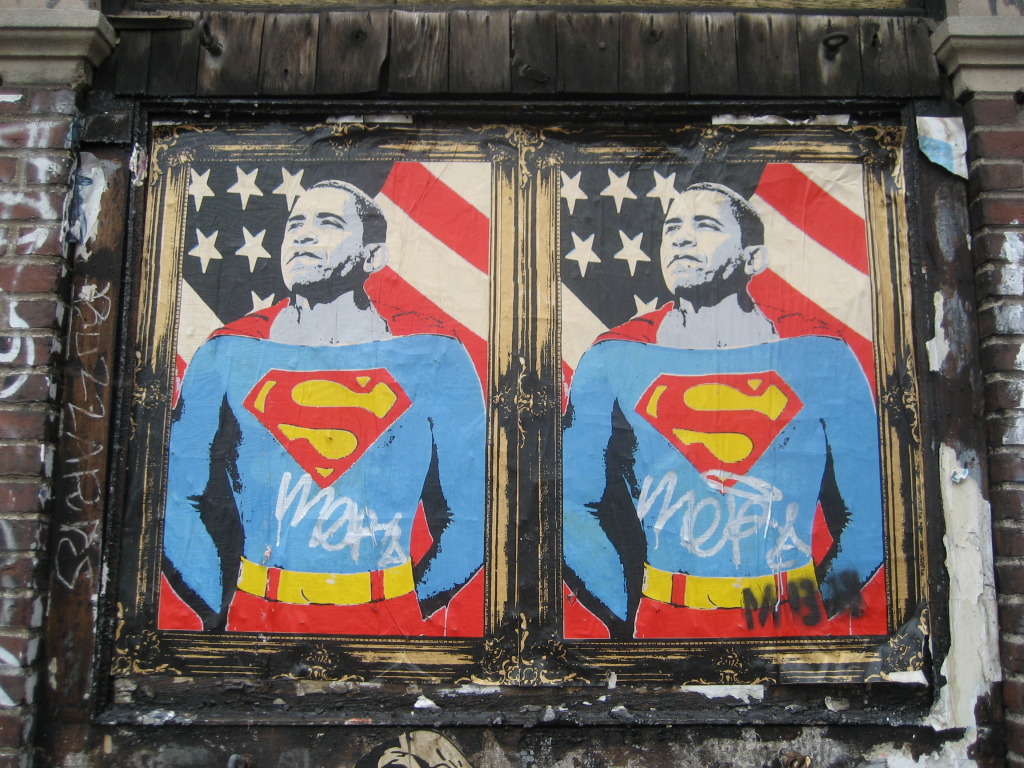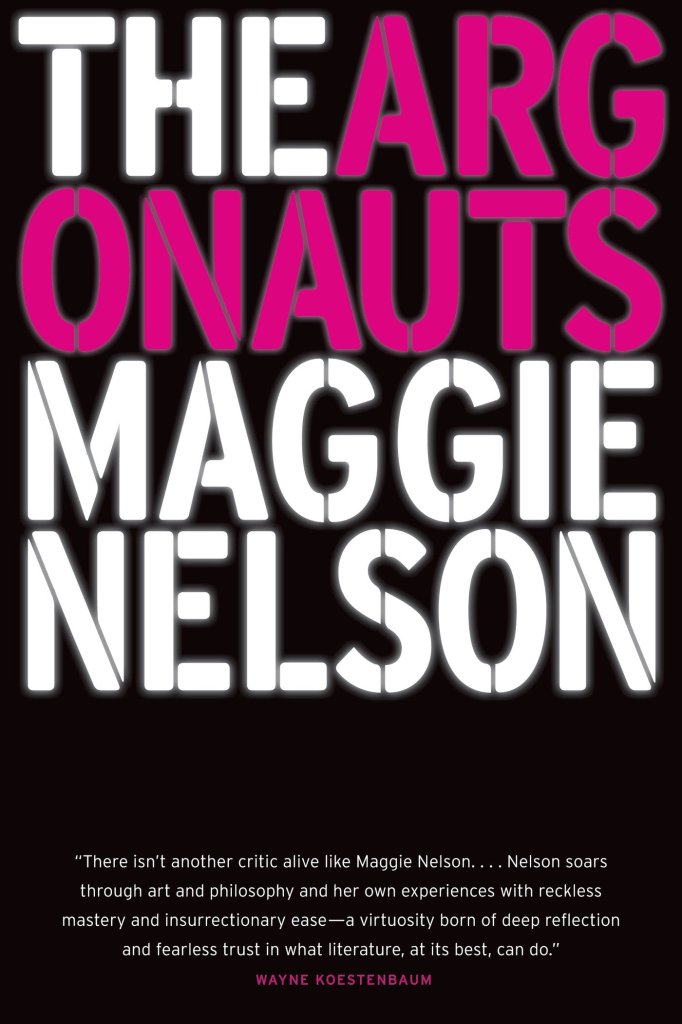
(Image: bafac/Imgur)
2014 brought about a considerable amount of change, turmoil, and opportunity. Racial unrest between policing and minorities hit a fever pitch. We heralded the beginning of Bill de Blasio’s mayoral term and his progressive agenda following three terms of Bloomberg’s administration. The nation recoiled after video surfaced of Ray Rice beating his fiancee, leading to a conversation about domestic violence, the culture of aggression within the NFL, and how management sometimes fails to convey authority in times of duress. But in better news, 2014 provided us with joy as well–letting the world revel in Brazil’s smart hosting of the World Cup, Scotland exercised its right to determine it’s own future in the UK, and signs that US-Cuban relations are beginning to thaw all inspire us for better things in 2015.
Highlighting what we’re looking forward to here at The Brooklyn Quarterly are recommendations from our staff for what to watch for in 2015 (more than just events, publications, or albums–our list covers the esoteric, too). So here are our picks for a prosperous and engaging year ahead.
—
Maggie Nelson, The Argonauts (May 2015; Graywolf Press)
I have admired Maggie Nelson’s intellectually fierce writing since 2005, when her documentary-verse work, Jane: A Murder, stole my breath away with its intricate and archival investigation of the murder of Nelson’s aunt Jane Mixer in 1969. Both Jane and a memoir, The Red Parts, made unflinching work of narrating this act and its aftermath. More broadly, the latter book also made an eviscerating analysis of America’s gendered obsession with serial killing and violence done to (and threatened against) women.
Nelson, who holds a PhD from the CUNY Graduate Center and teaches at CalArts, sounded out an unprecedented riff between criticism and cool with her study of poetry and painting titled Women, the New York School, and Other True Abstractions (2007). That book – another personal favorite – won scholarly awards, but is better known perhaps for being a) an academic book with a blurb from Sonic Youth’s Kim Gordon and b) in my own estimation the winner of “best blurb for an academic work, ever” from Bruce Hainley: “Let me be blunt: reading her bravura study’s like spying Joan Jett taking Helen Vendler for a joyride.” If you’re up on your pop music and your poetry criticism, you will swoon with the utter joy this image rouses.
Those already familiar with Nelson’s star turn as a cultural critic are likely fans of her cult smash Bluets (2009) and her New York Times notable book The Art of Cruelty: A Reckoning (2011), a book of art and cultural criticism. The Argonauts, described as a work of “autotheory” about maternity, queer family, and the limitations and possibilities of language, closes the circle a bit on Nelson’s voracious, precise deployments of scholarship, artistic expression, and personal experience to mold an utterly unique analytical voice. In equal measure raw and polished, both elliptical and explicit, Nelson’s new book is a probing interrogation of the theoretical stakes of gender, sexuality, and language. It is also a deeply personal account of her relationship with a gender nonconforming family forged with her partner, the artist Harry Dodge.
At once a work in the tradition of surgical critics of self and art like Susan Sontag and in a category of writing entirely new, The Argonauts promises to re-write the script for any of us struggling to nurture critical and intellectual practices in the maelstrom of the everyday. This book is radical intelligence made manifest in the quotidian: a family album that speaks what very few have had the audacity to name–intellectual, social, political, and intimate desires.
If you want to think–or better yet, to imagine–in ways you never before thought possible, read this book.
—

(Image: unlistedsightings/Flickr)
HBO’s New Standalone Service: TV Is Dead; Long Live TV
The revolution, Gil Scott-Heron first said, will not be televised. Yet television’s own revolution will still be “television,” though it involves the long-prophesied convergence of TV and the Internet. And it’s more evolution than revolution, with incremental changes that have already taken a decade and are likely to take a decade more.
Still, 2015 may be the turning point when TV makes its most significant jump from being a fixed pipeline to a more dynamic cloud. This is the year the most acclaimed cable channel (HBO) will start letting viewers tune in online even if they don’t have a cable or satellite subscription — so-called “standalone” or “over the top” service. The new service is expected by April 2015, in time for the upcoming season of the channel’s top show, Game of Thrones.
HBO’s announcement inspired musings on whether the End of the Cable Bundle was nigh. The truth is that we already reached “peak cable” and that HBO’s move — along with a similar move from CBS and its sibling channel Showtime — was more effect than cause.
In 2013, the pool of pay-TV subscribers shrunk for the first time. Netflix’s success has shown that an Internet service can compete with the top TV channels. And contrary to conventional wisdom, “cord cutting” is not just a millennial thing: one study found that 41% of Netflix streaming subscribers ages 30 to 44 canceled their cable or satellite service, compared with only 29% in the 18 to 29 demographic.
From this perspective, HBO is clearly making a bet that they’ll gain viewers among cord cutters, even as their move may inspire more people to cut the cord. Game of Thrones is the most pirated show on TV. Perhaps a standalone HBO service will inspire some of those torrenters to go legit, much how iTunes supplanted Napster and its progeny.
The most interesting effects of this shift are still on the horizon, though. If HBO succeeds, will ESPN be next? Will cable companies see their monopolies threatened, or will they just charge more for Internet access? (Spoiler alert: your monthly bills may not actually decrease in the end.) Will removing the cable box as the center of gravity for TV create more competition and choices, or just an proliferating array of new services to subscribe to? Are we headed for a bifurcated TV world where an upper echelon of high-budget programming captures most of the revenue, while the still-emerging world of online video channels captures the hearts and minds of teens and twenty-somethings at far lower budgets than the typical cable-network reality show?
In other words: is this the beginning of the end for TV? Or the end of the beginning for something new, more fragmented, more decentralized, more device-agnostic, but still called TV? Stay tuned.
—

(Image: mastermaq/Flickr)
World Cup Action in 2015
In Vancouver on the 5th of July, the United States might lift its third World Cup trophy. That’s right—the Women’s World Cup.
The 2014 World Cup captivated Americans for a solid summer month. We watched our men make it out of the “Group of Death” and Tim Howard became a cult hero (andinternet meme) for his herculean performance against Belgium. But this summer, the ladies’ event takes place across Canada beginning June 6th.
The Women’s World Cup does not come with the political implications of last summer’s protests in Brazil. It doesn’t come with the commercial deals and sponsorships. The global soccer governing body, FIFA, has repeatedly shown its disregard for the women’s game. With a lawsuit filed by the players over the use of artificial turf hanging over the event—the players claim it’s gender discrimination to relegate the women’s tournament to an inferior playing surface—there is still only mild interest from Americans despite the growth in soccer’s popularity.
Hopefully that changes. The U.S. National Team has won two World Cups and is poised for a third. The squad faces a tough group but its balance of experience and youth makes it a pre-tournament favorite. I know I’ll be cheering them on. You should too!
—
The Legend of Ruth Bader Ginsburg Continues
On a slushy, rain-lashed afternoon in mid-December, I walked into Flatiron’s Fishs Eddy, a whimsical home goods store that clearly stays up to date on current events, in search of a holiday gift for a friend. Specifically, I was looking for its Ruth Bader Ginsburg ceramic mug, which comes emblazoned with a blue and white rendering of the Brooklyn-born Supreme Court justice and the tagline: Herstory in the Making! They were sold out, I was told. “Completely?” I asked, looking askance at the rows of unsold Obama- and Hillary Clinton-themed mugs sitting where RBG should have been. “Yes—we sell out of the Ginsburg mugs two or three days after each shipment arrives,” the girl at the register said. “Come back again at the end of the month!”
The #NotoriousRBG has long been a darling in liberal legal circles for her fiery dissents, her lifetime of work in support of women’s rights, and her affinity for giving candid media interviews. 2014, however, was the year that the rest of the world took note of these things and decided that it loved them. Justice Ginsburg went viral, appearing on our cups, T-shirts, Halloween costumes, YouTube songs, and Internet memes. And, to our delight, she responded in kind. More so than any of the other justices, Ginsburg openly acknowledges her fans. So she met with Shana Knizhnik, the NYU law student who created the Notorious RBG Tumblr, talked happily about the trove of RBG shirts that she distributes to friends, reminded us repeatedly of a tribute opera called Scalia/Ginsburg (set to open this year), and told a group of law students that she found Last Week Tonight’s Supreme Court Dogs sketch (in which she appears as a bespectacled chihuahua) “hilarious.”
This engagement with the public—coupled with her Shake-It-Off approach to her critics, her willingness to call out her colleagues for their perceived mistakes—is exactly why Fishs Eddy dedicated an entire holiday window to the Notorious RBG, not President Obama or Hillary Clinton. It’s why the Justice Ginsburg mugs are sold out yet again. And it’s why her voice will continue to be an important one in 2015, a year in which the Supreme Court is set to hand down major rulings on Obamacare, religious freedom, and (quite possibly) same-sex marriage. In March, she’ll turn 82, and calls for her retirement will ramp up again. She won’t listen to them. RBG, frankly, DGAF. I look forward to seeing her legend continue to grow.
—

(Image: kapkap/Flickr)
Race, Accountability, and Public-Police Relations in 2015
As far as looking forward to the next year, the intersections between race and police accountability will continue to be a big issue in the public eye, as tensions throughout New York City and other locations in the United States do not seem to be abating, despite the verdicts in the Michael Brown and Eric Garner grand jury cases finding distance in our collective rear-view mirror. Particularly in the context of how the city functioned during the NYPD slowdown, giving those in favor of less policing have more ammunition than ever regarding opposition to aggressive law enforcement.
Obviously this is just one piece of the larger anti-racist movement that’s happening very visibly right now, but I think it will all continue into the new year. The dialog doesn’t seem to be dying down, nor do the protests. I think racism — and policies that perpetuate it — is coming into a broader consciousness in a way that hasn’t been the case in the past. We’ll probably see public intellectuals, politicians, and more debate race throughout 2015.
—

(Image: gpoo/Flickr)
Excellent Reads Ahead From Authors old and New
I’m also thrilled about the new voices who are going to be emerging in 2015, like Sarah Gerard and Kristin Valdez Quade. And, oh, someone said that Jonathan Franzen might be writing something, right? I hadn’t heard.
—

(Image: sliceofnyc/Flickr)
Obama Redefining the “Lame Duck” Presidency
It’s 2015 .You’ve ended (on paper at least) the wars in Iraq and Afghanistan. You brought the country back from the brink of financial collapse. You expanded healthcare coverage for 7.1 million people. Hell, you even opened the door toward normalizing relations with Cuba. You’ve done everything you can do: sure, I’d love to see you close Guantanamo Bay’s Camp X-Ray, find an alternative to the drone policy currently in place (though, as it turns out, even this program is stretched thin lately), and pave a way toward nationwide legalization and taxation of cannabis, but all told, Mr. President, you’ve done quite a lot of work to date.
Most wouldn’t chide Obama if he insisted on legacy-building. But instead, he’s seeking new ways to work above, over, or around a sclerotic congress which shows no sign of getting any better–Republican majority or not. Obama’s rapprochement with Cuba, his (hopeful) ban on the XL Keystone Pipeline, and god knows what else to come shows that the president isn’t content to run the clock out. Instead, he’s going to take a less academic and procedural route to get things done–at this rate, it looks like 2015 will be the year that Obama finally pushes congress to the side and finishes what he started.









